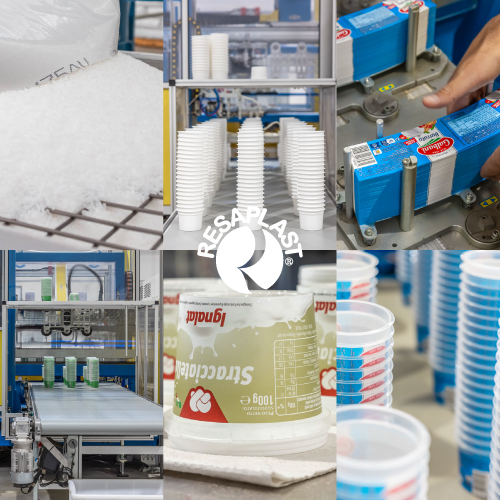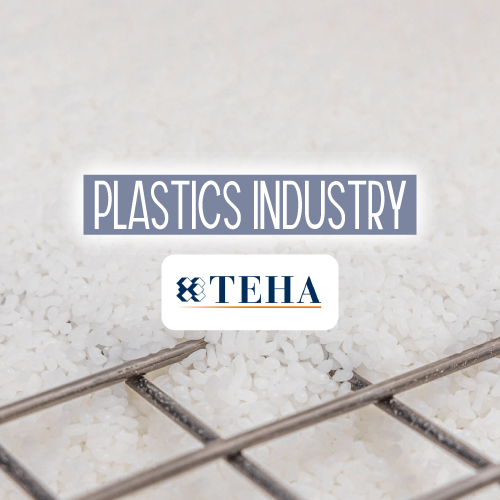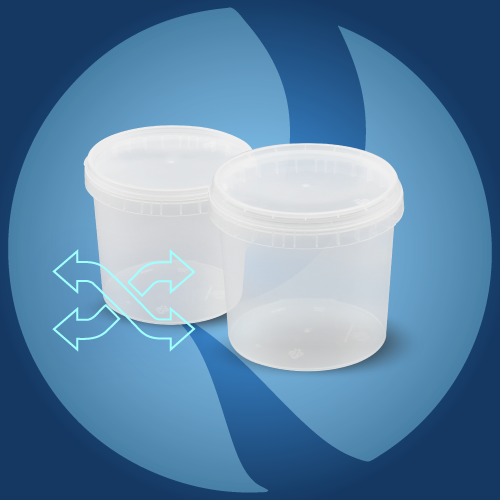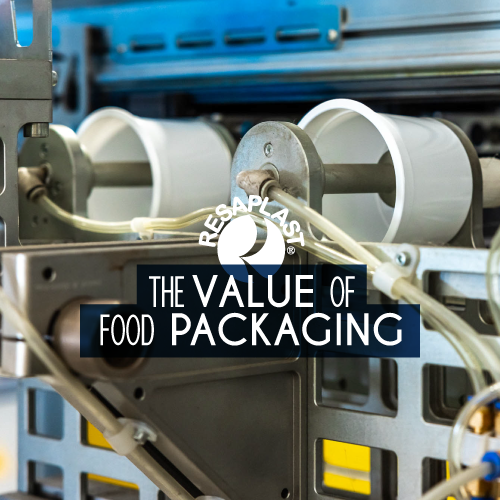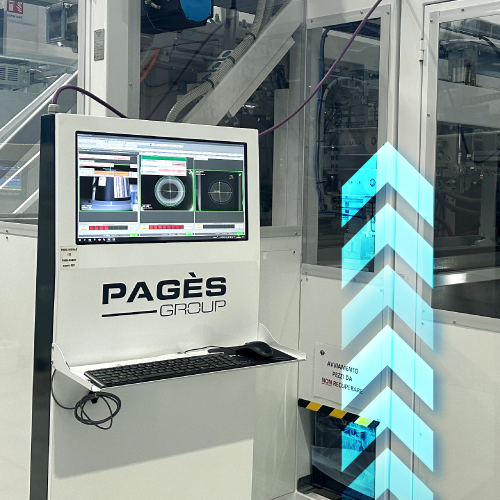
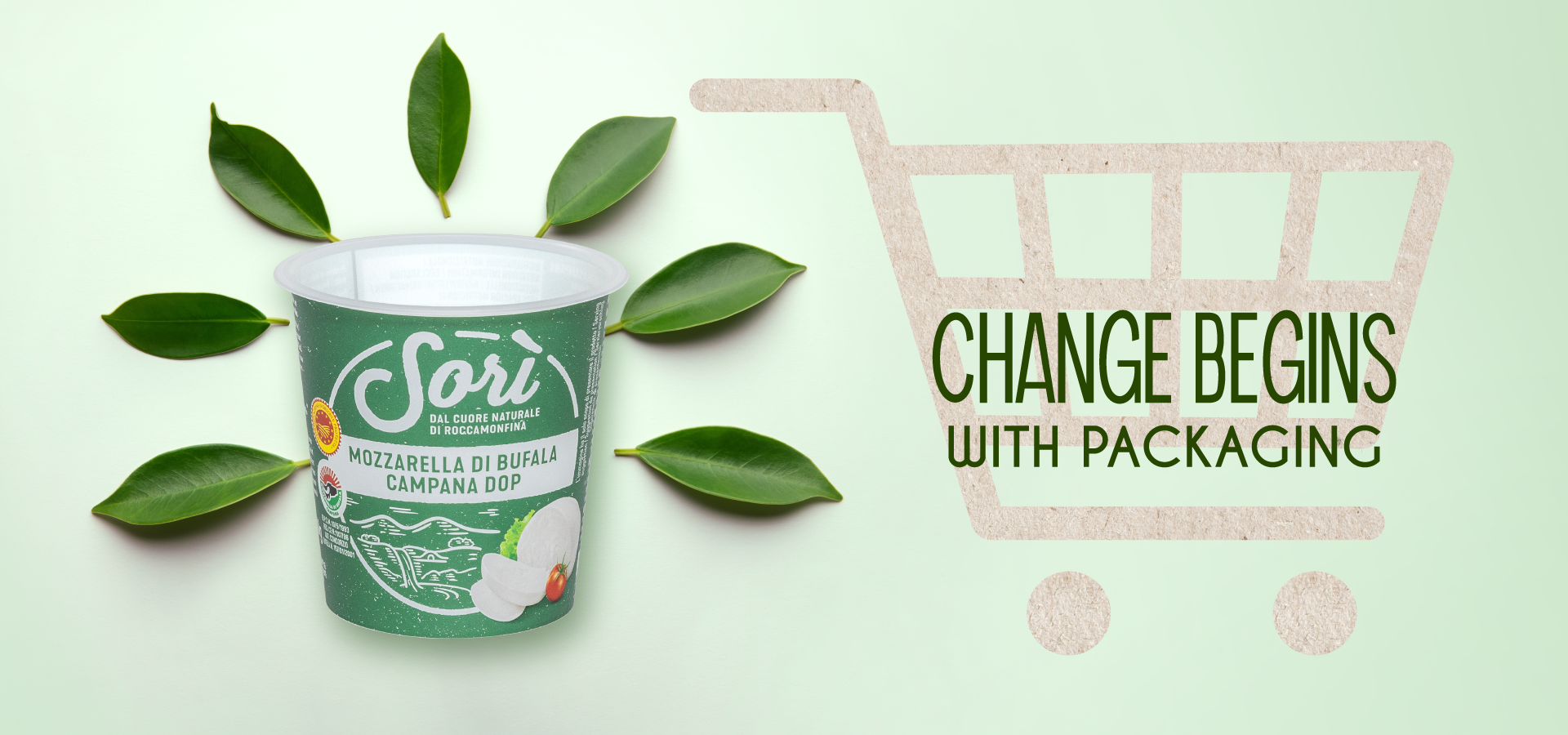
Today, sustainability is no longer just an added value but an essential criterion in purchasing decisions, especially in the food and large-scale packaged goods sectors.
The latest edition of the Nomisma Observatory on Large-scale Consumer Goods Packaging, which analyzed the behavior of over 1,000 consumers, confirms a well-established trend: eco-friendly packaging is a key factor in Italians' shopping carts.
According to the study, 7 out of 10 Italians consider sustainable packaging a determining factor when choosing a food product. This data highlights a growing environmental awareness, pointing out that consumers expect companies to adopt packaging solutions that respect the ecosystem.
The numbers speak for themselves: green packaging is not just an ethical choice but a strategic asset that influences consumer preferences and brand reputation. A striking 79% of Italians adopt conscious purchasing practices to reduce their environmental impact, and for 46% of respondents, the sustainability of a food product primarily depends on its packaging.
But what makes packaging truly eco-friendly? According to buyers, it must be fully recyclable (51%), avoid excessive materials (43%), be produced with renewable raw materials (40%) and with low CO₂ emissions (35%).
In this context, innovation in packaging plays a key role in balancing consumer demands, environmental needs, compliance with regulatory changes, production efficiency and food safety.
For companies in the food sector, adopting sustainable packaging is not only about embracing a responsible business model but also anticipating the needs of an increasingly aware and informed consumer.
Resaplast’s food-certified polypropylene packaging represents the perfect balance between safety, sustainability, and performance. Its main features include:
- Recyclability – Our 100% recyclable monomaterial solutions facilitate recovery and reduce waste, contributing to the circular economy.
- Lower transport emissions – The lightness of polypropylene optimizes loads, reducing CO₂ emissions during transport.
- Modular and stackable design – Our packaging design minimizes space usage in transport vehicles, reducing the number of trips needed.
- Reusability and durability – Our containers are designed for reuse and extended lifespan, reducing waste production.
- Food safety – Polypropylene is one of the safest certified materials for food contact, preserving quality and freshness while preventing waste.
- Sustainable production – Our packaging is produced using renewable energy and low-impact manufacturing facilities.
The future of large-scale consumption cannot overlook a sustainable approach, and packaging is the first step in building it.
Because packaging is a message of value that speaks directly to consumers. And today, more than ever, that message must be clear: sustainability comes first.



